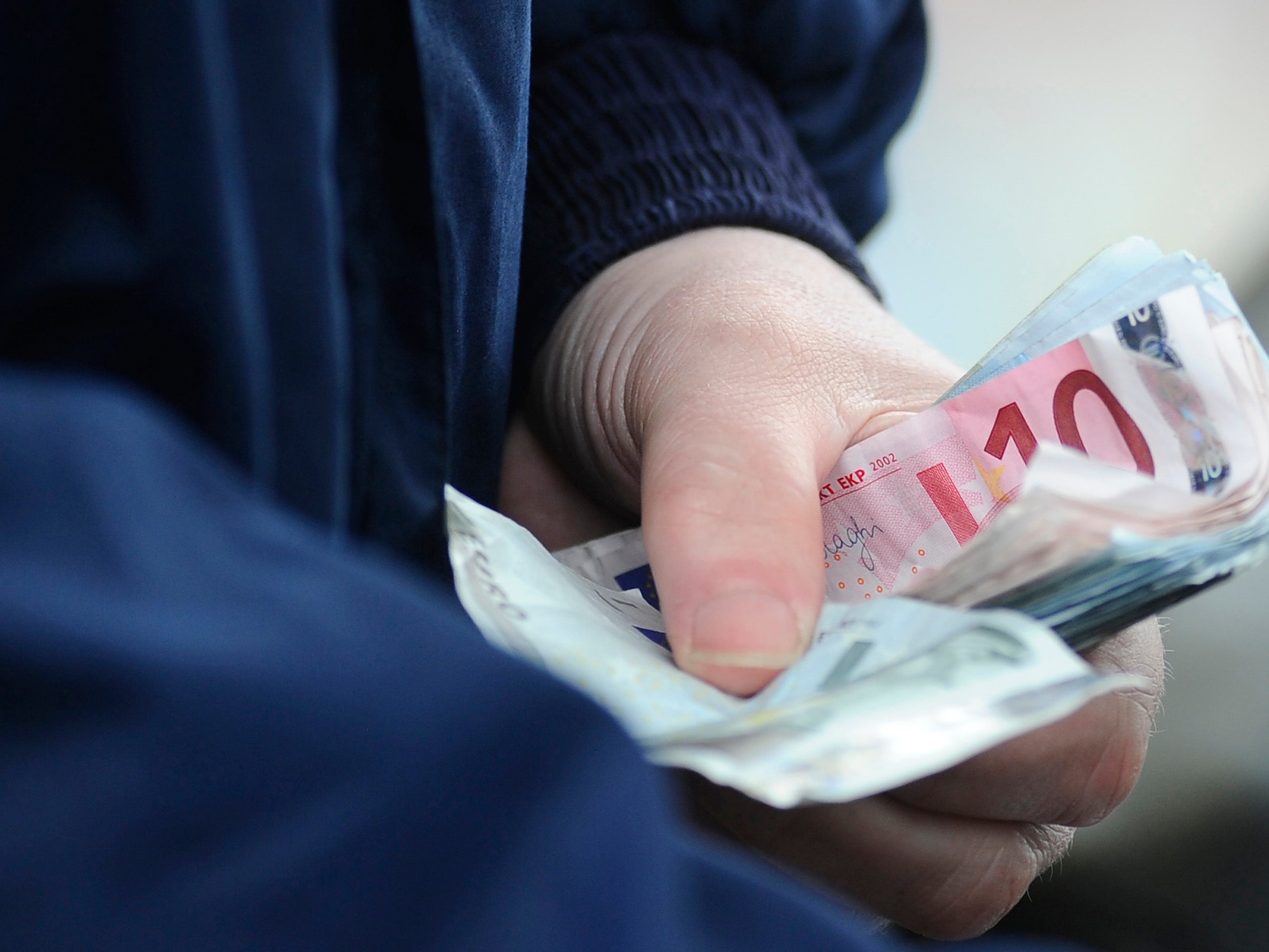Basic income is one solution to our growing mental health crisis
Unsurprisingly, in a recent trial in Finland in which people received 560 euros per month a notable reduction in stress levels was observed

Stigma surrounding mental health is on the decline: we talk about it in the media, in our workplaces and with our friends, and importantly with professionals. But one of the few remaining taboos is talking about what causes a lot of our anxieties and depression: stress, worklessness, job-insecurity, poverty, financial insecurity, inequality. In short, work.
In the recent trial of basic income in Finland, in which 2,000 people received 560 euros (£473) every month for two years - regardless of whether they were in work, in-between jobs or out of work - notable reductions in stress levels were observed.
The Finnish trial is the first of its kind in Europe, however, there have been numerous examples or trials of basic income, including in Alaska, Canada, India, Namibia and Kenya. These trials have sought to examine the effects of direct, unconditional cash payments in sample communities. In each case, amongst numerous other valuable, positive effects these trials have shown that unconditional payments lead to improved mental health outcomes. Advocates of basic income, and those that have researched past trials, believe that a basic income could help to reduce and relieve the inequality and social and financial insecurities that negatively affect mental health.

Research shows, and intuitive reasoning suggests, that people are affected by job-insecurity, worklessness, poverty, precarious living situations, financial insecurity, and social and economic inequality – all issues that are increasingly prevalent in today’s free-market capitalist western societies. These factors result in high stress levels for those affected – those at the bottom of the financial scale in society, aka the vast and increasing numbers of people living hand-to-mouth and on very little income with no security net to fall back on.
An unconditional basic income, paid to all members of society regardless of employment status, life ambitions and aims, would also avoid the social stigma commonly related to means-tested benefits payments. A basic income would ensure a reasonable standard of security and safety for those suffering from the above mentioned insecurities, laying a modest but effective, solid foundation that would give people the surplus energy, motivation, happiness, willingness to be able to pursue their aims, just as those with security and wealth are so freely able to do, and so commonly take for granted.
Put simply, mental health problems derive from situations of scarcity, poverty, unemployment and job insecurity, while basic income serves to improve people’s financial stability, helps people to cope when unemployed; live more comfortably while job seeking; afford to live without paid employment if they so wish; and to care for elderly or unwell relatives or friends. It reduces the incidence of crime, dependence on alcohol and substance abuse in general, and improves people’s educational attainment and ability to pursue later and further studies. All of this is conducive to happy, healthy, more equitable societies.
Join our commenting forum
Join thought-provoking conversations, follow other Independent readers and see their replies
Comments
Bookmark popover
Removed from bookmarks